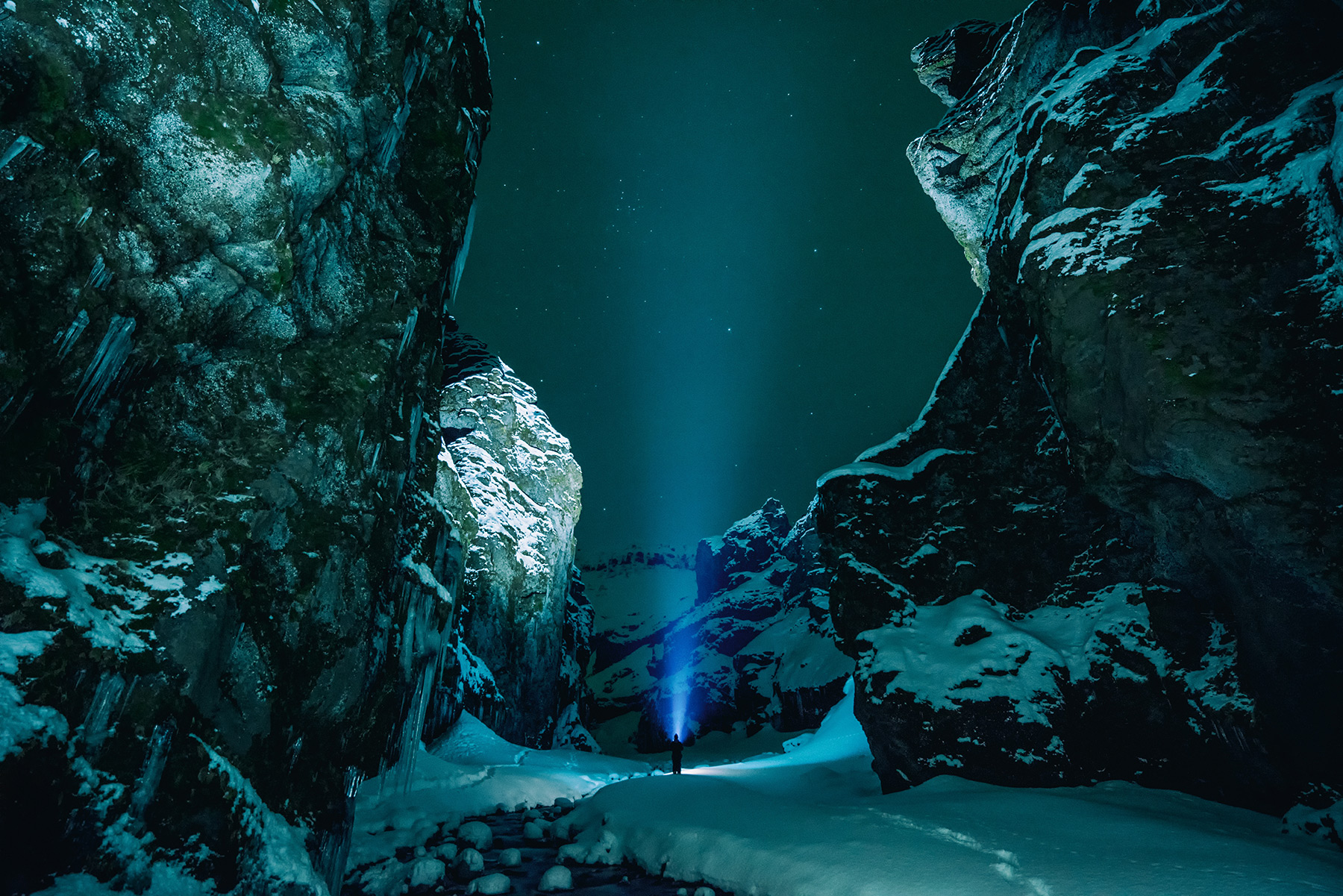This ravine, the middle one of the grove's three, is about a hundred feet wide. When I first began to venture the human touch in it, it afforded no open spot level enough to hold a camp-stool. From the lawn above to the river road below, the distance is three hundred and thirty feet, and the fall, of fifty-five feet, is mostly at the upper end, which is therefore too steep, as well as too full of varied undergrowth, for any going but climbing. In the next ravine on its left there was a clear, cold spring and in the one on its right ran a natural rivulet that trickled even in August; but this middle ravine was dry or merely moist.
Here let me say to any who would try an amateur landscape art on their own acre at the edge of a growing town, that the town's growth tends steadily to diminish the amount of their landscape's natural water supply by catching on street pavements and scores and hundreds of roofs, lawns and walks, and carrying away in sewers, the rain and melting snows which for ages filtered slowly through the soil. Small wonder, I think, that, when in the square quarter-mile between my acre and Elm Street fifty-three dwellings and three short streets took the place of an old farm, my grove, by sheer water famine, lost several of its giant pines. Wonder to me is that the harm seems at length to have ceased.
But about that ravine: one day the nature of its growth and soil, especially its alders, elders, and willows and a show of clay and gravel, forced on my notice the likelihood that here, too, had once been a spring, if no more.
I scratched at its head with a stick and out came an imprisoned rill like a recollected word from the scratched head of a schoolboy. Happily the spot was just at the bottom of the impassably steep fall of ground next the edge of the lawn and was almost in the centre of those four acres—one of sward, three of woods—which I proposed to hold under more or less discipline, leaving the rest—a wooded strip running up the river shore—wholly wild, as college girls, for example, would count wildness. In both parts the wealth of foliage on timber and underbrush almost everywhere shut the river out of view from the lawn and kept the eye restless for a glint, if no more, of water. And so there I thought at once to give myself what I had all my life most absurdly wished for, a fish-pool. I had never been able to look upon an aquarium and keep the tenth Commandment. I had never caught a fish without wanting to take it home and legally adopt it into the family—a tendency which once led my son to say, "Yes, he would be pleased to go fishing with me if I would only fish in a sportsmanlike manner." What a beautifully marked fish is the sun-perch! Once, in boyhood, I kept six of those "pumpkin-seed" in a cistern, and my smile has never been the same since I lost them—one of my war losses.

I resolved to impound the waters of my spring in the ravine and keep fish at last—without salt—to my heart's content. Yet I remembered certain restraining precepts: first, that law of art which condemns incongruity—requires everything to be in keeping with its natural surroundings—and which therefore, for one thing, makes an American garden the best possible sort of garden to have in America; second,[Pg 16] that twin art law, against inutility, which demands that everything in an artistic scheme serve the use it pretends to serve; third, a precept of Colonel Waring's: "Don't fool with running water if you haven't money to fool away"; and, fourth, that best of all gardening rules—look before you leap.
However, on second thought, and tenth, and twentieth, one thought a day for twenty days, I found that if water was to be impounded anywhere on my acre here was the strategic point. Down this ravine, as I have said, was the lawn's one good glimpse of the river, and a kindred gleam intervening would tend, in effect, to draw those farther waters in under the trees and into the picture.








Hello, I’m an example comment.